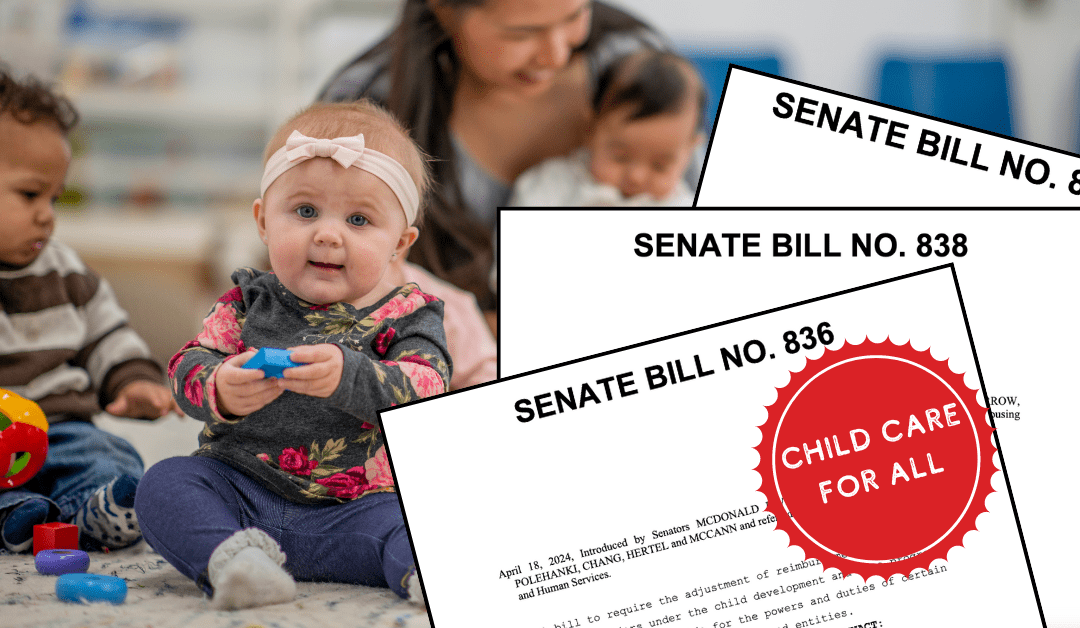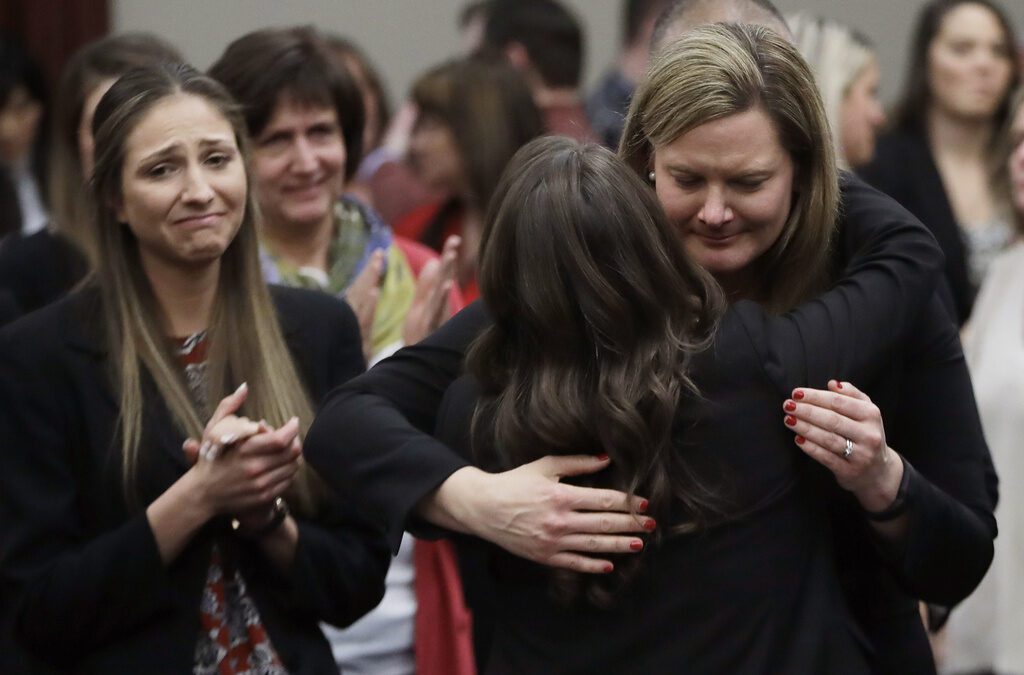GRAND RAPIDS—When Michigan tied for the title of being the first state to ratify women’s right to vote, it was because of a suffrage activist from Grand Rapids. The very next year, that suffragist became a state Senator.
Michigan Takes the Lead
On June 10, 1919, Michigan ratified the 19th Amendment, giving women the right to vote. It was one of three states to share the distinction of being the first to ratify the amendment, along with neighboring states Wisconsin and Illinois.

SEE ALSO: ‘Unbossed and Unbothered’: These Are the Black Women Who Paved the Way for Kamala Harris
Michigan’s state capitol building is recognized as a national historic landmark for its role in the women’s suffrage movement, but by the time the amendment was ratified, suffrage organizations had been working on the cause across the state for decades. It would take more than a year for 33 more states to join in ratifying the 19th.
Meet Michigan’s Key Suffrage Activist
Eva McCall Hamilton’s political career began in 1912, while working on a suffrage referendum. She also campaigned to make farmers markets legal in Grand Rapids, with a bill to allow farmers to sell directly to customers in the city. And in 1919, Hamilton helped establish Michigan’s League of Women Voters—which has gone on to be one of the most respected and successful voters’ rights organizations in the state.
In 1920, during the first election in which women were able to vote, she became the first woman elected to Michigan’s legislature. Senator Hamilton’s inaugural speech was on the serious dangers posed to women by sexually transmitted diseases, and her early accomplishments included successfully helping raise teachers’ wages and reforming the Michigan Mothers’ Pensions Act. Her work in the legislature was revolutionary, allowing underprivileged children to be cared for in the home rather than in state-controlled institutions.
Hamilton remained involved in politics after leaving the state Senate, advocating for womens’ civic engagement programs like her League of Women Voters.
Politics

SEIU workers ahead of NFL Draft: We are ‘the backbone of Detroit’
BY KEN COLEMAN, MICHIGAN ADVANCE MICHIGAN—A day ahead of the National Football League annual draft being held in Detroit, Service Employees...

Investigator says Trump, allies were uncharged co-conspirators in plot to overturn Michigan election
DETROIT—A state investigator testified Wednesday that he considers former President Donald Trump and his White House chief of staff to be uncharged...

Michigan Dems introduce ‘Child Care for All’ legislation to lower costs for families
Lawmakers say Michigan is facing a ‘child care crisis.’ But a series of bills introduced this month would help to make child care (much) more...
Local News

10 unique wedding venues in Michigan to suit every kind of couple
From a distillery in Detroit to a summer camp, we’ve rounded up some of Michigan’s most unique wedding venues. Of all the elements you need to...

US government agrees to $138.7M settlement over FBI’s botching of Larry Nassar assault allegations
DETROIT—The US Justice Department announced a $138.7 million settlement Tuesday with more than 100 people who accused the FBI of grossly mishandling...





